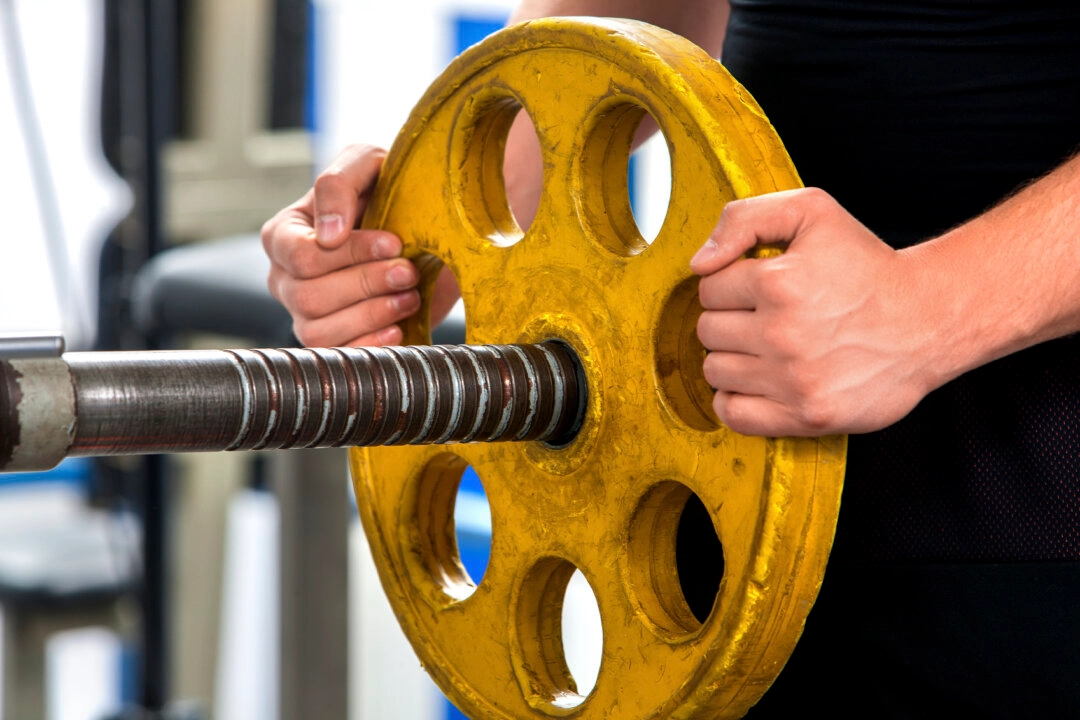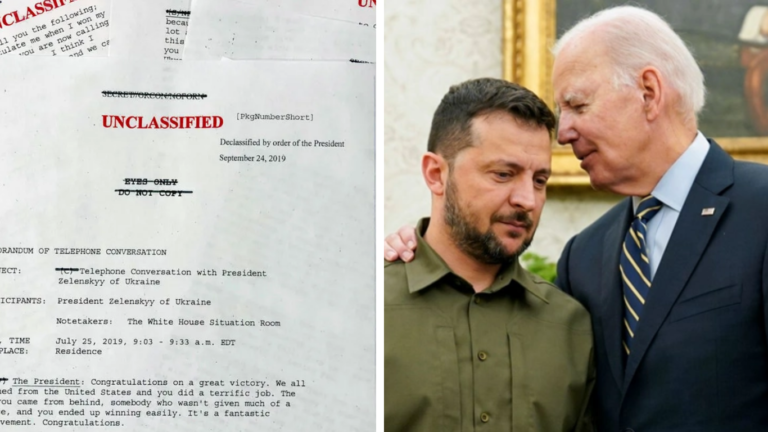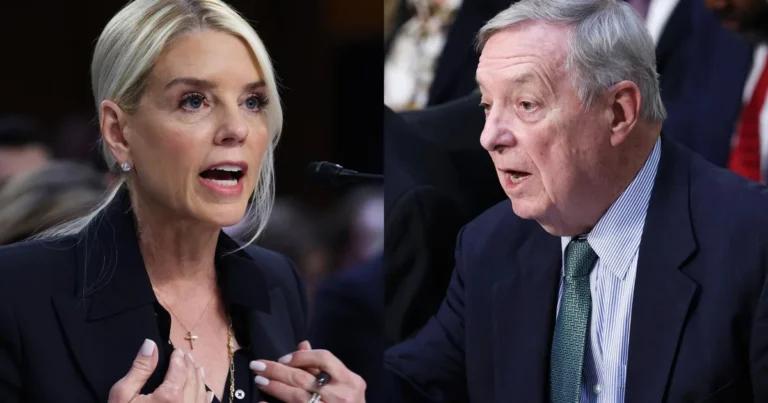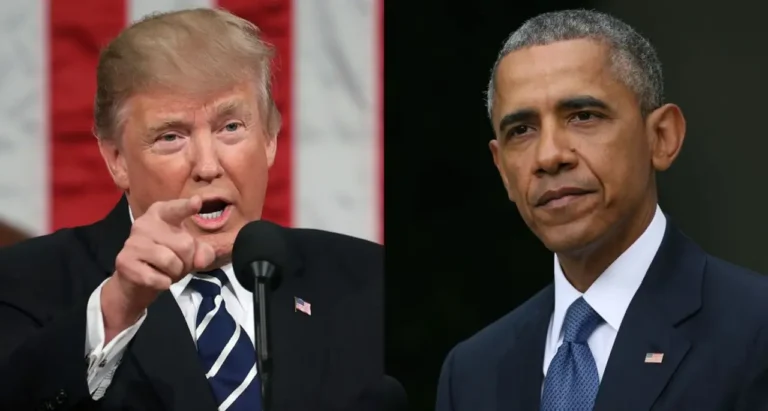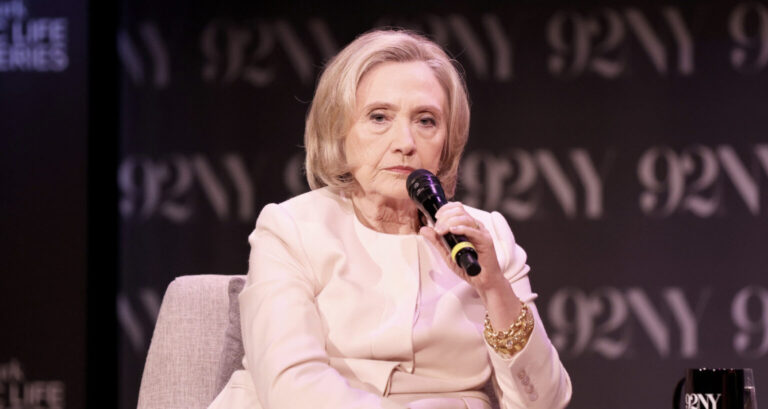Minnesota Supreme Court Says Ban of Transgender Athlete From Women’s Event Was Discriminatory
USA Powerlifting discriminated against a transgender athlete by banning him from participating in a competition for women, the Minnesota Supreme Court ruled on Oct. 2.
The ban of powerlifter JayCee Cooper, a biological male, from two competitions in 2018 was discriminatory, in violation of the Minnesota Human Rights Act (MHRA), Minnesota’s top court said in a 35-page decision.
“USA Powerlifting’s policy expressly prohibiting transgender women from competing in the women’s division of a powerlifting competition is facially discriminatory and constitutes direct evidence of discrimination based on sexual orientation under the MHRA’s prohibition against discrimination in business and places of public accommodation,” Chief Justice Natalie Hudson wrote.
MHRA states that it is an unfair, discriminatory practice to deny a person the enjoyment of foods, services, and accommodations of a place of public accommodation—facilities provided to the public by the government or private businesses—based on race, religion, disability, sexual orientation, or gender identity.
It also bars a person engaged in a trade or business from refusing to do business with someone or discriminating against an individual based on those characteristics.
A Minnesota district judge in 2023 found that USA Powerlifting discriminated against Cooper in both regards.
Minnesota’s court of appeals later reversed that ruling, finding that USA Powerlifting’s stated purpose of excluding Cooper—because Cooper “has male physiology, which would give her an unfair competitive advantage over athletes with female physiology”—was non-discriminatory and that there was a genuine dispute over whether it supported an exception in the law for legitimate business purposes.
USA Powerlifting has also said that biological males are not excluded from the women’s division because of any characteristic protected by the law and that Cooper did not provide evidence of discriminatory intent.
Justices disagreed.
“Although USA Powerlifting lacked a formal, written transgender participation policy at the time of its initial communication with Cooper, the record establishes—and the parties do not dispute—that USA Powerlifting’s policy at the time of the decision was to categorically exclude transgender women from competing in the women’s division,” Hudson wrote.
That is direct evidence of a discriminatory motive, Hudson said.
Justices partially sided with the district judge, determining that USA Powerlifting violated the law with respect to public accommodation. They also agreed with the appeals court over the allegation that the policy constituted business discrimination.
Justices remanded the case back to the district court for proceedings consistent with the opinion.
There were no dissents, although Justice Theodora Gaïtas did not take part in the decision.
USA Powerlifting emailed a statement from former president Larry Maile to The Epoch Times.
Maile said that “we are pleased to have prevailed on one of the claims and disappointed with other findings in the ruling,” and noted that in recent months, the U.S. Olympic Committee barred males from competing in women’s events, while the UK’s Supreme Court said the word woman only covers biological females.
“We can no longer ignore this overwhelming and bipartisan consensus,” Maile added.
“This ruling sends a clear and powerful message: transgender people have a right to enjoy public spaces in Minnesota like sporting events, restaurants, and movie theaters, free from targeted discrimination,” Jess Braverman, legal director at Gender Justice, which is representing Cooper, said in a statement. “This decision is a historic victory for fairness, equity, and the fundamental rights of all Minnesotans.”
